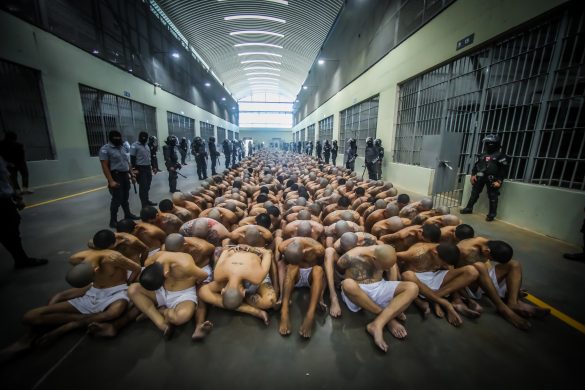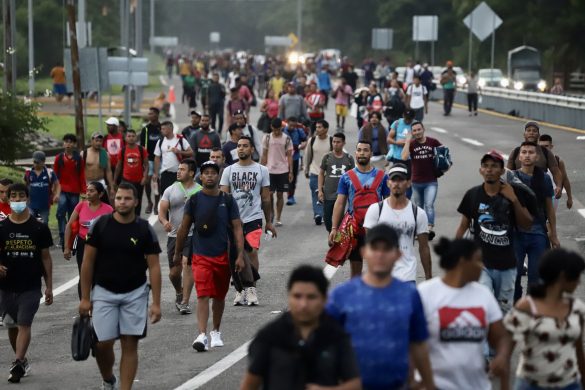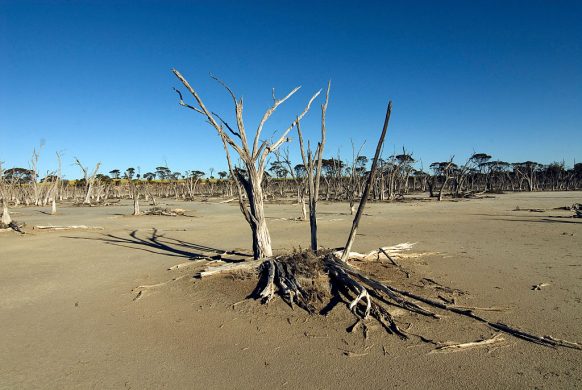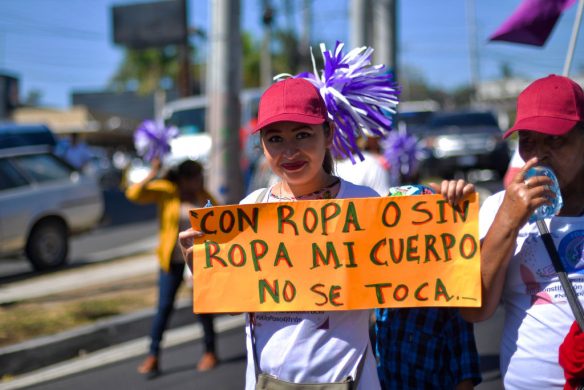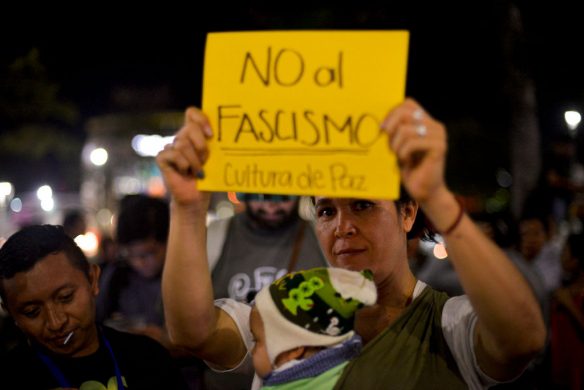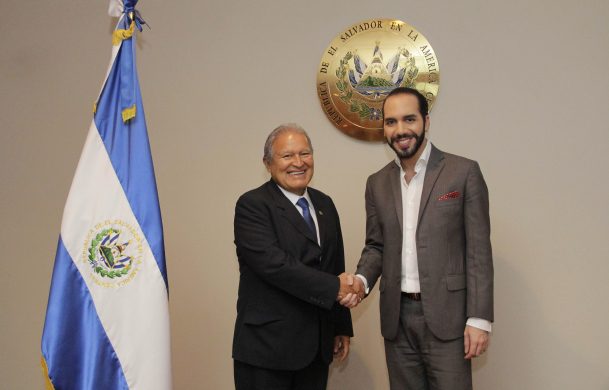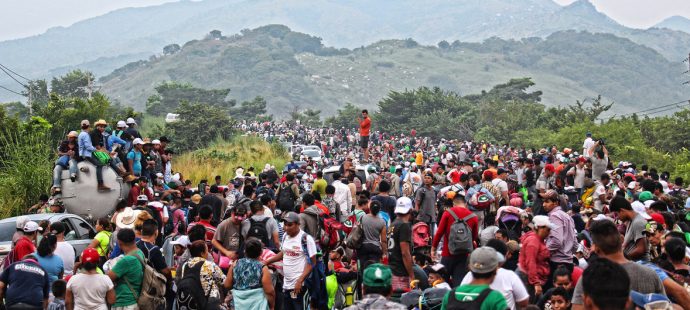GUATEMALA CITY, February 3, 2016 (UNHCR): Repeatedly shaken down by gang members for a weekly US$30 protection payment he could barely afford, Salvadoran bus driver Javier* filed a complaint with the police.
A family man with two teenage daughters, he recalls waking up at 3:00 am the next day with a knot of fear in his stomach. The six block walk to work at the central bus station in San Salvador stretched to an eternity as he anticipated a violent reprisal.
"When I decided to report them, they came to my workplace and shot me twice close to my eye," Javier recalls, battling tears of anger and desperation. "I managed to get to the hospital, but when I left my job, they warned me that if I wanted to remain alive it was better to disappear immediately."
Datter blev voldtaget
The family's ordeal was not yet over. Already subjected to harassment, Javier's school-age daughter was raped by a gang member, leaving her pregnant and unable to escape their reach within El Salvador. "We had no other option but to flee. It was impossible to go to another part of the country," he says.
The family is among a growing number of people of all ages who are fleeing out-of-control gang violence in El Salvador, which has become the most dangerous country in the Americas.
Since a truce broke down in 2014 between the Salvadoran Government and the "maras," as the street gangs are known, violence has exploded, driving the national murder rate up to 104 per 100,000 people – the highest since the country's bloody civil war came to an end in 1992.
The family is now seeking asylum in Guatemala where they live in a single room in the capital, while Javier continues to look over his shoulder ever-fearful of the maras, whose reach is international: "I don't trust anybody," he says. "I only trust God and my daughters."
Mere og mere almindeligt
Their flight from danger is becoming increasingly common in El Salvador, where the gangs' criminal activities include murder, extortion, kidnap and rape, and now impact people from all walks of life. Victims range from school children and bus drivers to business owners, police officers and their families, leaving a growing number with no option but to flee, according to UNHCR, the UN Refugee Agency.
"Anyone can be targeted by the maras: from a school boy walking home to a family with a small business in the neighbourhood to the police officer's cousin. People's lives are pestered by homicides at every corner, fights between gangs to control territories, invisible borders that should not be crossed, rape and sexual assaults, forced recruitment, increasing extortion fees and threats," said Fernando Protti, UNHCR Regional Representative for Central America, of the still deteriorating outlook.
Det mest voldelige land i Amerika
"The situation is only getting worse. In 2015, the homicide rate outpaced the rate of killings during the country's civil war and El Salvador is now considered the most violent country in the continent," he added.
According to UNHCR figures, asylum applications in Guatemala from Salvadoran nationals nearly doubled – an increase of 172 per cent – between 2013 and 2014. Salvadorans are also fleeing to other countries in the region such as the United States of America and Mexico, where the applications have quadrupled and tripled respectively since 2010.
Forretningsdrivende blev afpresset
Among thousands who recently fled for their lives is businesswoman Caterina,* whose family owned a profitable neighborhood supermarket in San Salvador, which drew the attention of the maras. The gang members demanded a slice of the take, raising the amount each week until payment became untenable.
"We thought about selling the market, but (the gang) wouldn't allow it because the business was successful. We had to sell our home. We got to a point where the situation was unsustainable," she said.
When, after months of extortion, the family was unable to pay, the gang murdered a family member. Caterina's teenage daughter, meanwhile, was harassed by the gang who wanted her to join. When she declined, they sent photographs of the family home to scare her. Finally, the "mareros", as the gangsters are known in Spanish, went to look for her at her school.
Kunne ikke klare mere
"It was at that moment that I said I couldn't take it anymore. I spoke to my husband and we decided to leave the country," Caterina says. "You couldn't visit another neighbourhood because if you were seen in a different mara's turf … they'd just kill you without another thought. And if you don't pay the extortion, they kill you too. So there's no way out," she adds.
She is clear about the impact of the worsening terror wrought by the gangs, who control whole swathes of El Salvador's cities, despite police presence, and whose reach extends to neighbouring countries.
"It consumes us and we're invisible, screaming in silence," she says, clearly troubled by the thought of those she left behind. "Every day when you read the news you realize that the situation isn't improving and part of my family still lives there.”
*Names have been changed for protection reasons



